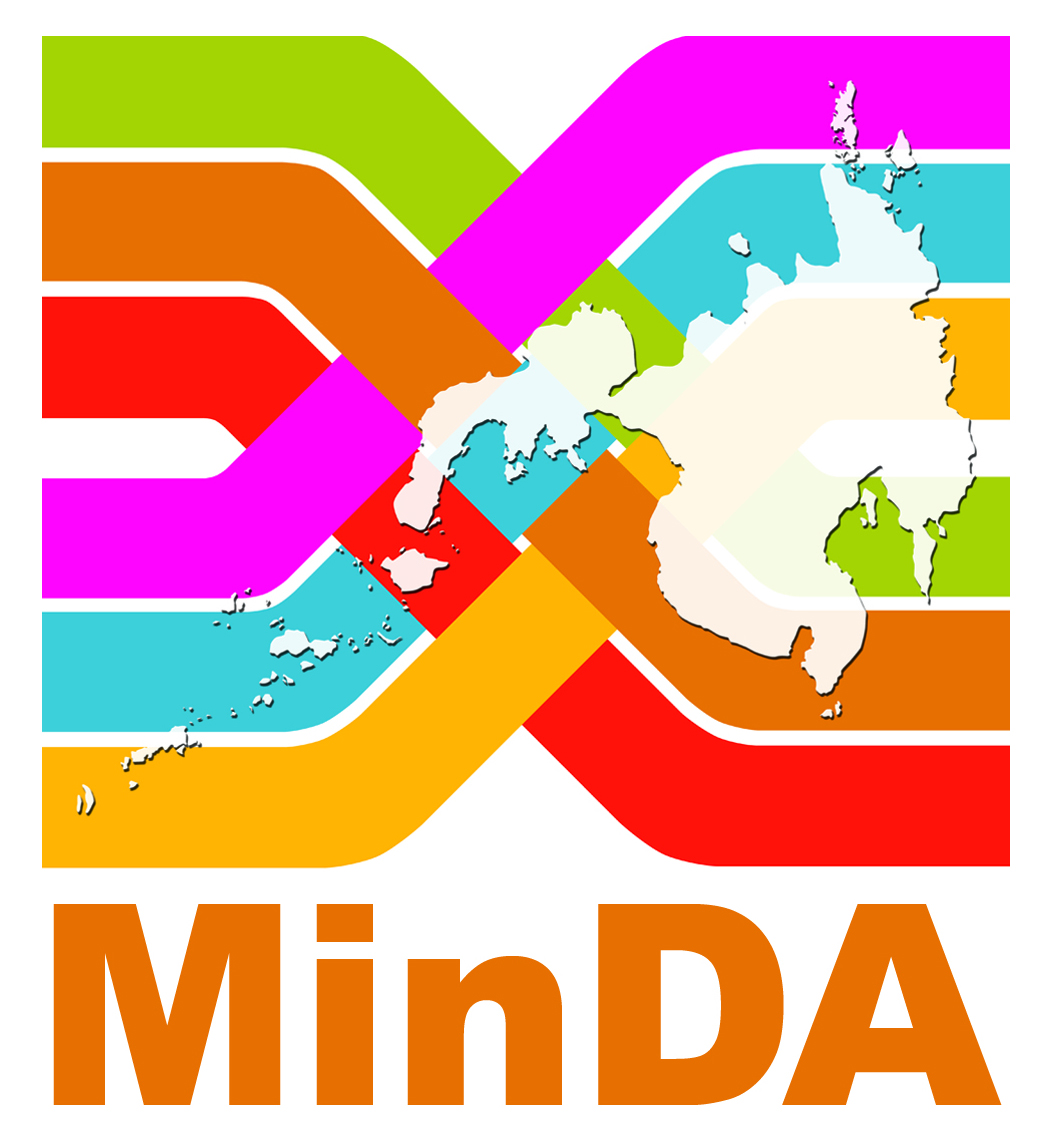Food Security
Socioeconomic Issue in Spotlight

The United Nations Committee on World Food Security defines food security as a condition wherein all people, at all times, have physical, social, and economic access to sufficient, safe, and nutritious food that meets their food preferences and dietary needs for an active and healthy life.
Based on the 2020 State of Food Security and Nutrition in the World Report released by the Food an d Agriculture Organizations of the United Nations, the Philippines has the most number of food-insecure people in Southeast Asia, with a total of 59 million Filipinos suffering from moderate to severe lack of consistent access to food between 2017 and 2019.
Based on their review, Briones and Galang (2011) noted that food security has several dimensions: (1) availability—the proximity of the population to food sources, (2) accessibility—access to adequate resources for getting food, (3) utilization—human body’s ability to benefit from nutrients in food that households can access, and (4) stability—the effect of natural calamities or economic activities. In addressing food insecurity, they urged the government to develop a comprehensive perspective that incorporates human behavior, economics, and policy options that may lead to a far-reaching set of interventions.
The COVID-19 pandemic largely affected the lives of millions of Filipinos. It has posed a serious threat to food security as several studies show.
Neri (2020) noted that many Filipinos experienced unemployment and a reduction in their usual earnings, which led to a significant decrease in consumption demand.
Meanwhile, Navarro et al. (2021) found that mobility restrictions, disruption in economic activities, and income losses gave rise to severe pressures on food security and reduced nutrition among households. They added that aggregate food security was put at risk because the pandemic aggravated existing challenges in the country’s agri-food system.
According to the Philippine Institute for Development Studies in its Economic Policy Monitor 2020-2021 (PIDS 2021), Filipino household consumption fell by 7.9 percent during the pandemic, based on the National Accounts of the Philippines. Filipino household spending held steadily for essentials like food and nonalcoholic beverages. Meat prices have eased slightly although transport costs and the prices of some fresh food items have increased with intermittent mobility restrictions.
Moreover, Aquino et al. (2021) explained that among all commodities, food costs take up a much more significant proportion in a poor household. This means that a spike in food prices would be detrimental in a poor household than the rest of the population. Through a Department of Science and Technology (DOST) – Food and Nutrition Research Institute survey, they also found that during the lockdowns, 62.1 percent of Filipino households experienced food insecurity.
Miral et al. (2021) recommended that the government should invest in enhancing emergency outbreak preparedness and response across the food supply chain to address the direct threat of infectious diseases and the indirect effects of poor nutrition on health. They also called on the government to mandate the protection of natural resources and to enhance food security. The government is also advised to institutionalize a national land-use policy and offer a rational, comprehensive, and equitable allocation, utilization, and development of the country’s land and water resources following the principles of equity, social justice, environmental integrity, and long-term growth for the common good.
Moreover, Neri (2020) called on the government to ensure the production and supply of rice and other staples while enhancing income for farmers. The government should also increase agricultural value by storing, preserving, and processing food by expanding the training programs conducted by the Department of Agriculture (DA), DOST, Department of Trade and Industry, state universities and colleges, and nongovernment organizations.
As an attached agency of the DA, the Agricutural Credit Policy Council helps empower farming and fishing communities to attain food security for the country by providing accessible and affordable financing to small farmers, small fishers, and agri-based micro and small enterprises (ACPC 2020).
The Socioeconomic Research Portal for the Philippines (SERP-P) has a wealth of resources tackling food security. Below are some of them:
For more studies, simply type “food security”, “food”, and other related keywords in the Search box of the SERP-P website.


